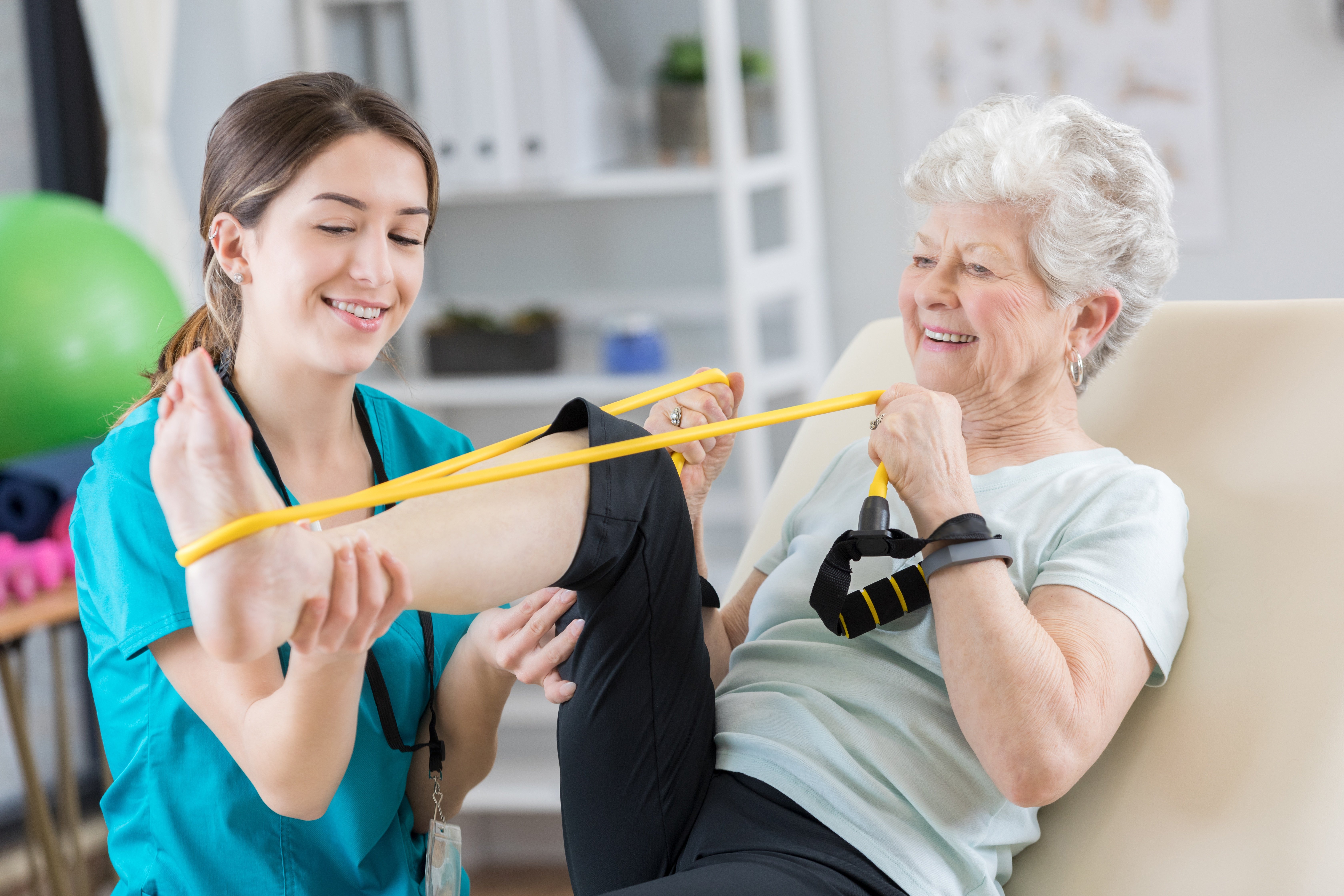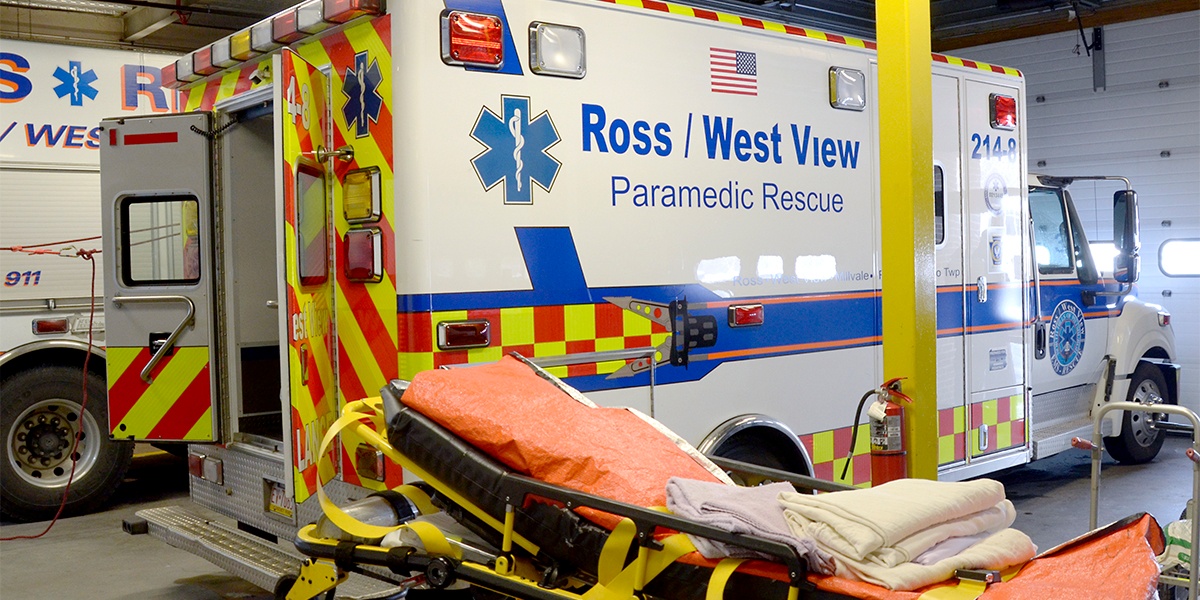
Diabetes is a serious, complex, chronic condition that affects more than 30 million people in the United States, which is equivalent to 1 in 10 Americans. The strong correlation between diabetes, heart disease, and stroke makes it a condition that must be taken seriously.

Occupational therapy asks: “What matters to you?” instead of “What’s the matter with you?” It’s a prime example of what differentiates occupational therapy from other physical therapy programs. Occupational therapists (OTs) focus on what is important to a patient, and they identify the important and valued activities that the patient will encounter in ...

We are always aware of being thankful for first responders, especially our EMS cohorts. This year, after working with Ross/West View EMS, we learned of some not-so-obvious reasons to be thankful for them, too. Many first responders take on roles that you don't see every day, but which inform their skills and care. Sure, we recognize the blue ...

Alzheimer's disease, the most common form of dementia, is projected to affect nearly 14 million people by the year 2060. But Alzheimer's isn't a normal part of aging, and the Center for Disease Control and Prevention (CDC) has created a curriculum intended to increase awareness of Alzheimer's and other types of dementia, as well as the role of public ...
.jpg)
In the age of social networking abundance, with sites like LinkedIn and Twitter providing constant industry updates and opportunities to connect, it can seem as though all our professional networking needs are already met. However, joining a simulation-related, in-person networking group and attending events can provide benefits in addition those ...

In August of 2017, the American Heart Association (AHA) issued a directive that will take effect on January 31, 2019 requiring the use of a feedback device in all their adult cardiopulmonary resuscitation (CPR) courses. These devices should “provide learners with real-time, audio-visual corrective feedback on aspects such as compression rate, depth, and ...

The Veteran’s Health Administration (VHA) has begun to focus on preventative services and healthy lifestyle interventions for the veteran population of the United States. Healthcare providers, from nurses and physicians to physical and occupational therapists, should be aware of and know how to address the following issues for U.S. veterans.




.jpg)








